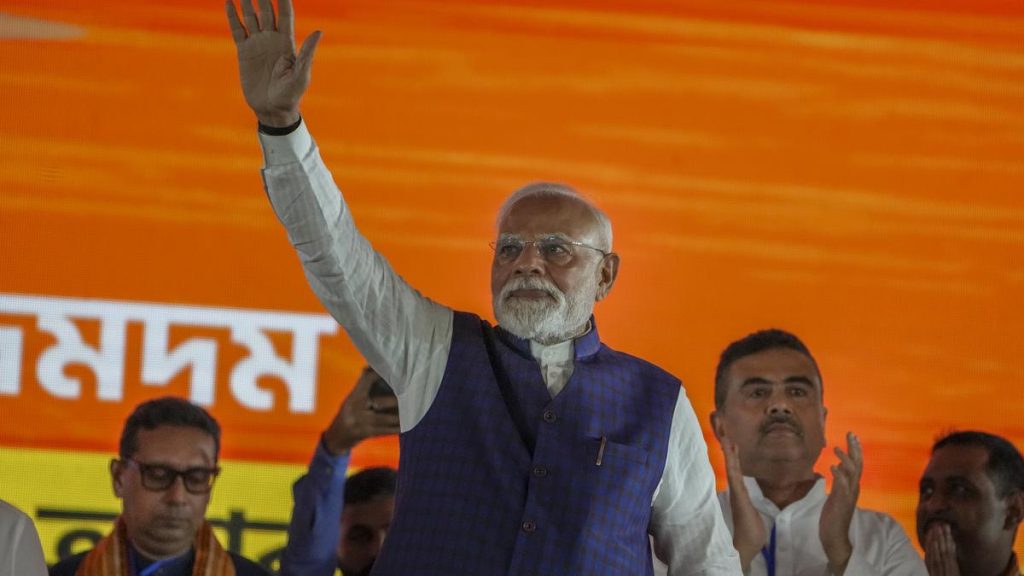Now Reading: Women Seeking Interim Alimony Shouldn’t Be Idling: Delhi HC
-
01
Women Seeking Interim Alimony Shouldn’t Be Idling: Delhi HC
Women Seeking Interim Alimony Shouldn’t Be Idling: Delhi HC

Rapid Summary
- Delhi High Court Ruling: The court dismissed a plea by a woman seeking interim maintenance from her estranged husband, stating that qualified women with earning capacity should not claim financial support without demonstrating attempts to find employment.
- Legal Perspective: Justice Chandra Dhari Singh emphasized that Section 125 of the CrPC exists to maintain equality and provide protection but does not intend to promote idleness or dependence.
- Observations on Woman’s Qualification: The court noted the petitioner had a master’s degree from Australia, was previously employed in Dubai, and had the potential for gainful employment. No substantial evidence was presented showing genuine efforts to seek work as her return to India.
- Case Background: The couple married in December 2019 and moved to Singapore. In February 2021, the woman returned to India citing alleged cruelty by her husband and his family. She filed for maintenance later that year after facing financial challenges.
- Court Decision: Both trial court and high court rejected her plea, agreeing there were malafide intentions based on evidence such as communications with her mother.
Indian Opinion Analysis
The Delhi High Court’s ruling underscores an evolving approach toward interpreting legal provisions for marital maintenance in India. By stressing personal accountability and discouraging reliance on spousal support among capable individuals, this decision aligns with broader societal shifts toward gender equality. While Section 125 of CrPC protects vulnerable parties within marriage dynamics, the judgment provides clarity that its application must be rooted in fairness rather than purely circumstantial unemployment.
for India, this case highlights significant themes such as women’s economic empowerment thru self-reliance and fair evaluation of matrimonial disputes. However, it also raises concerns about how courts balance emotional distress or discriminatory factors against one’s employability when deciding cases of interim relief. Maintaining objectivity while safeguarding systemic equity is crucial as similar cases continue shaping jurisprudence surrounding marriage laws.























